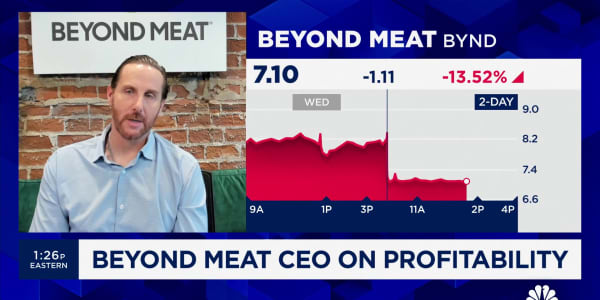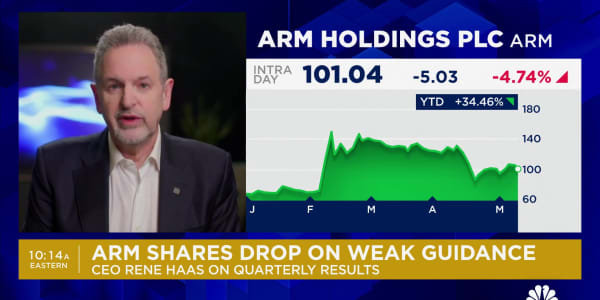A powerful antifraud law that for most of its history was little used may prove to be the biggest legal threat facing Goldman Sachs.
The Martin Act was first adopted in 1921—long before the crash of 1929 led to the vast framework of federal securities laws and regulations.
It is a deceptively simple law that prohibits “any fraud, deception, concealment, suppression, false pretense or fictitious or pretended purchase or sale of a security.”
The courts have interpreted the law as granting vast powers to New York officials and requiring very few elements to prove an offense. And here’s the scary part—Manhattan District Attorney Cyrus Vance not only thinks the law needs to be applied to prove that “the powerful, the wealthy and the privileged enjoy no immunity from prosecution as a consequence of their status”—he wants the penalties strengthened.
Vance’s office delivered subpoenas to Goldman Sachs last week, requesting information and documents about the Wall Street firm’s mortgage-related businesses. Goldman has not been charged with any criminal or civil violations by the DA’s office, and a subpoena does not necessarily indicate that charges are coming.
The Martin Act’s fearsomeness comes from the vast discretionary powers it grants New York prosecutors and the relative ease of proving a case under the law. New York prosecutors can subpoena almost any document from anyone doing business in New York. They can call people in for questioning—without granting them the right to have counsel present or avoid self-incrimination. They can decide to conduct an investigation in secret—or completely open the investigation to the public.
One limitation that may be relevant here is that the district attorney’s office can only use it to prosecute criminal cases, while the Attorney General’s office can use it in either criminal or civil cases.
Perhaps even more importantly, the Martin Act doesn’t require proof of fraudulent intent or even fraudulent effect. Even if no one involved in the transactions was actually deceived, it is possible to prove a Martin Act violation so long as someone was harmed.
This means that Wall Street firms may have a lot more to fear from local prosecutors than the federal regulators. Federal securities laws generally require proof of intent to commit fraud—and that has historically been a stumbling block for many cases against Wall Street executives.
“Proving a federal criminal securities fraud violation would be difficult because the government would have to prove that Goldman acted ‘willfully’ to defraud the Hudson-1 purchasers. Under the Martin Act, however, the statement about ‘aligned’ interests might be ‘contrary to the plain rules of common decency’ to establish a violation, without having to show any fraudulent intent,” Wayne State University Law School professor Peter Henning wrote recently in the New York Times’ DealBook.
For most of the history of the Martin Act, it was used to prosecute small-time criminals. Ponzi schemes, bucket shops, pump-and-dumpers.
But in 2002, then-Attorney General Eliot Spitzer changed all of that by taking the Martin Act off the shelf, dusting it off, and using it as a machine gun against Wall Street. It’s now a well-established part of the arsenal of New York prosecutors.
It’s now “the equivalent of a weapon of mass destruction,” according to one Wall Street lawyer.
Federal law enforcement agencies have been loathe to criminally charge entire firms for several years. The destruction of Arthur Andersen, the once prominent national accounting firm, showed that mere charges can destroy a firm, even before a case has gone to court. It's not clear if New York's prosecutors have adopted the same forbearance.
___________________________________________
Questions? Comments? Email us at
Follow John on Twitter @ twitter.com/Carney
Follow NetNet on Twitter @ twitter.com/CNBCnetnet
Facebook us @






